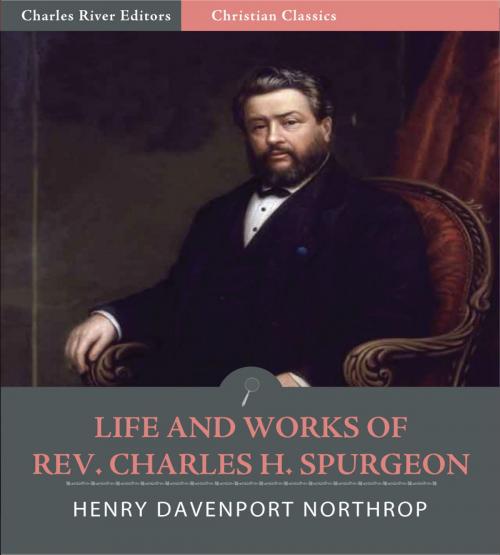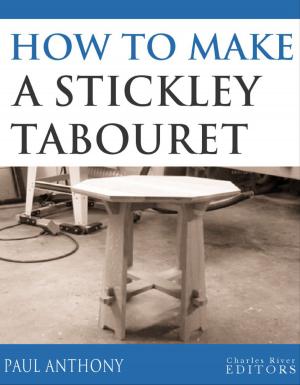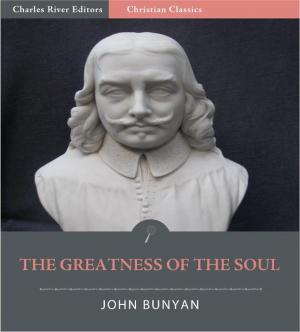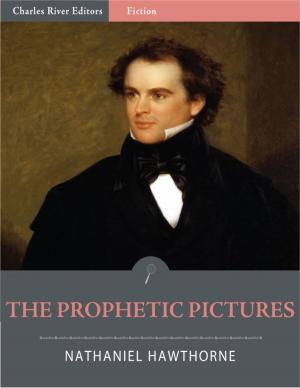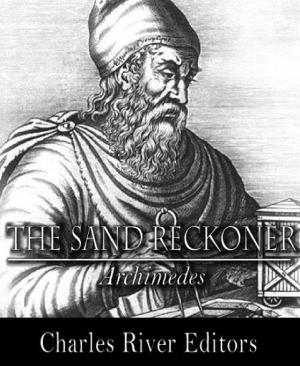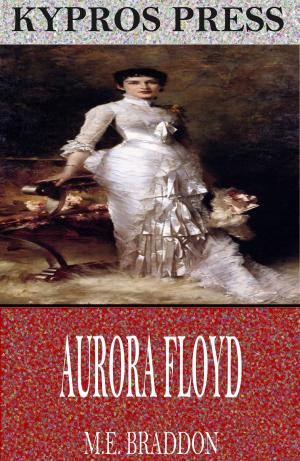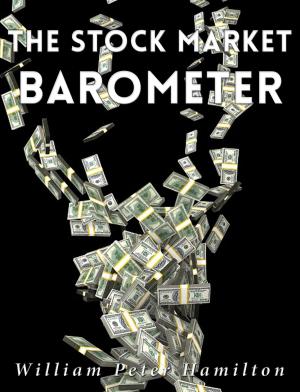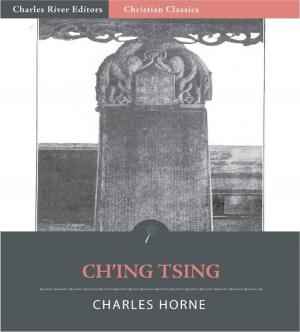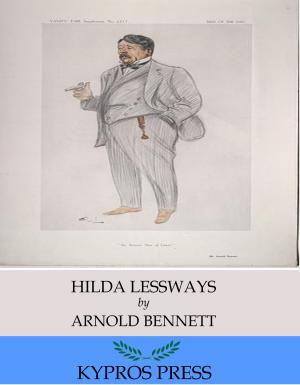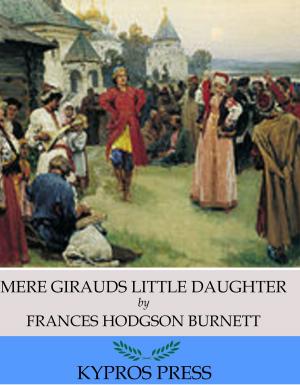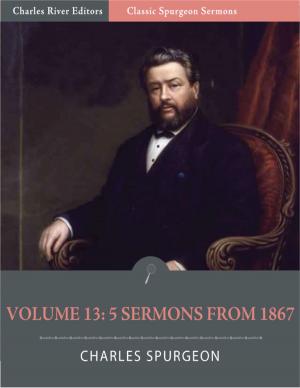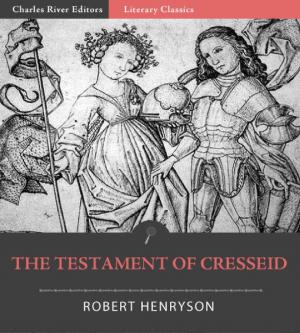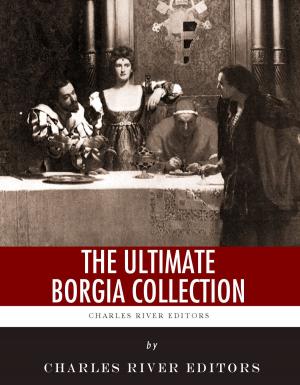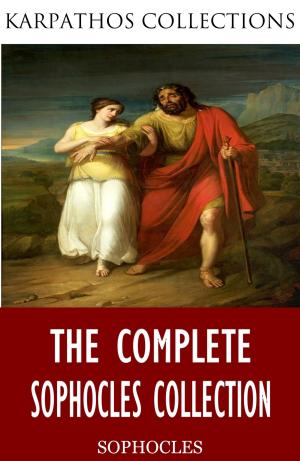Life and Works of Rev. Charles H. Spurgeon: Books I and II (Illustrated Edition)
Nonfiction, Religion & Spirituality, Christianity, Denominations, Baptists, Inspiration & Meditation, Preaching, Biography & Memoir, Religious| Author: | Henry Davenport Northrop | ISBN: | 9781619829152 |
| Publisher: | Charles River Editors | Publication: | January 30, 2012 |
| Imprint: | Language: | English |
| Author: | Henry Davenport Northrop |
| ISBN: | 9781619829152 |
| Publisher: | Charles River Editors |
| Publication: | January 30, 2012 |
| Imprint: | |
| Language: | English |
At the time of his death, Charles Haddon Spurgeon (19 June 1834 31 January 1892) was quite possibly the best known preacher in the world, and even today he is known as a British Particular Baptist preacher who remains highly influential among Christians of different denominations. Known as the "Prince of Preachers". Spurgeon was to 19th century England what D. L Moody was to America. Although Spurgeon never attended theological school, by 21 he was the most popular preacher in London. A strong figure in the Reformed Baptist tradition, and opposing the liberal and pragmatic theological tendencies in the Church of his day, Spurgeon preached to an estimated 10,000,000 people during the course of his life, sometimes up to 10 times each week at different places. Spurgeon was the pastor of the congregation of the New Park Street Chapel (later the Metropolitan Tabernacle) in London for 38 years, despite the fact he was part of several controversies with the Baptist Union of Great Britain and later had to leave the denomination. In 1857, he started a charity organization called Spurgeon's which now works globally, and he also founded Spurgeon's College, which was named after him posthumously. Spurgeon is still well known today because he was a prolific author of many types of works, including sermons, an autobiography, commentaries, books on prayer, devotionals, magazines, poetry, hymns and more. And naturally, others wrote about him too. Shortly after his death, the influential preacher was given the full biographical treatment by Henry Davenport Northrop. This edition of Northrops biography, Life and Works of Rev. Charles H. Spurgeon, also includes a selection of Spurgeons writings, such as Glory!, Lecture on Candles, The Luther Sermon at Exeter-Hall, and more. It also includes the original illustrations and a Table of Contents.
At the time of his death, Charles Haddon Spurgeon (19 June 1834 31 January 1892) was quite possibly the best known preacher in the world, and even today he is known as a British Particular Baptist preacher who remains highly influential among Christians of different denominations. Known as the "Prince of Preachers". Spurgeon was to 19th century England what D. L Moody was to America. Although Spurgeon never attended theological school, by 21 he was the most popular preacher in London. A strong figure in the Reformed Baptist tradition, and opposing the liberal and pragmatic theological tendencies in the Church of his day, Spurgeon preached to an estimated 10,000,000 people during the course of his life, sometimes up to 10 times each week at different places. Spurgeon was the pastor of the congregation of the New Park Street Chapel (later the Metropolitan Tabernacle) in London for 38 years, despite the fact he was part of several controversies with the Baptist Union of Great Britain and later had to leave the denomination. In 1857, he started a charity organization called Spurgeon's which now works globally, and he also founded Spurgeon's College, which was named after him posthumously. Spurgeon is still well known today because he was a prolific author of many types of works, including sermons, an autobiography, commentaries, books on prayer, devotionals, magazines, poetry, hymns and more. And naturally, others wrote about him too. Shortly after his death, the influential preacher was given the full biographical treatment by Henry Davenport Northrop. This edition of Northrops biography, Life and Works of Rev. Charles H. Spurgeon, also includes a selection of Spurgeons writings, such as Glory!, Lecture on Candles, The Luther Sermon at Exeter-Hall, and more. It also includes the original illustrations and a Table of Contents.
